
PetroZamora offers glimpse into PdV’s west: Correction

PetroZamora is one of 15 joint ventures in PdV's western division, the least transparent of the company's three divisions in terms of upstream data and information. The western area, mainly located in Zulia state, is currently producing less than 150,000 b/d of oil, around half of which is coming from PetroZamora, according to PdV officials. In the 1990s, western Venezuelan was producing more than 1mn b/d. Nationwide, Venezuela's crude production is currently holding at around 770,000 b/d, a quarter of its 1990s level, according to Argus estimates.
The Venezuelan government regularly blames the upstream collapse on US financial and oil sanctions aimed at unseating President Nicolas Maduro in favor of floundering opposition leader Juan Guaido. Caracas was exempted from its quota under a revised Opec/non-Opec agreement in January 2019 because of the sanctions.
PdV's joint venture subsidiary CVP leads PetroZamora with a 60pc stake. Its nominal minority partner is Russia's Gazprombank, although the makeup of the shareholding is unclear following the Russian firm's reported sale of its stake in March. PdV declined to comment on the venture or its current ownership structure. Gazprombank could not be reached for comment.
Most of the balance of western division production comes from PdV's PetroBoscan heavy crude joint venture with US major Chevron. PdV's Orinoco and mature eastern divisions make up the rest of Venezuela's total output.
The PetroZamora joint venture, first launched in 2012, runs a complex of seven mature onshore and shallow-water fields along the east coast of Lake Maracaibo, anchored on the legacy Lagunillas and Bachaquero deposits. Oil services to the joint venture are provided by GPB Neftegaz Services, the Venezuelan subsidiary of privately held Netherlands-based GPB Global Resources, which was controlled by Gazprombank until 2016.
PetroZamora is currently producing 75,000-80,000 b/d of medium and heavy crude, compared with its 2019 target of 130,000 b/d, according to PdV internal data obtained by Argus. The complex had been pumping around 100,000 b/d in mid-2018. Part of the supply is lifted by PdV's European joint venture Nynas from the company's western terminals, PdV officials say.
The main hurdle at PetroZamora is a dearth of natural gas required for artificial lift. Despite preliminary agreements, the gas is not reaching the venture, and gas compression and injection infrastructure lack maintenance and spare parts. PetroZamora's steam injection infrastructure is still operating, but without the same result as gas.
A plan by PdV Gas to supply PetroZamora from the offshore Cardon 4 gas project that encompasses the Perla field, operated by European firms Repsol and Eni, never materialized, PdV officials say. PdV, which is the sole offtaker of the Cardon 4 gas, had been seeking payment from PetroZamora in US dollars.
PdV Gas, which has undergone a string of management changes in recent years and is currently headed by Marco Ramos, is responsible for operating and maintaining pipeline, compression and storage infrastructure, but it is plagued by a shortage of qualified personnel and financial resources.
Beyond gas supply, PetroZamora has been dogged by corruption. In September 2017, attorney general Tarek William Saab ordered the arrest of a half dozen PetroZamora local executives on charges of skimming up to 15mn bl of crude from early 2015 until September 2017. The joint venture has also been linked to private Venezuelan contractor Derwick Associates, one of whose shareholders, Francisco Convit, is under US federal indictment for money laundering. The US Justice Department has been investigating other Derwick partners since 2014.


Column: EU’s pledge for $250 billion of US energy imports is delusional
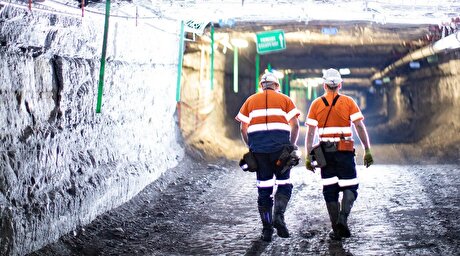
Anglo American posts $1.9B loss, cuts dividend
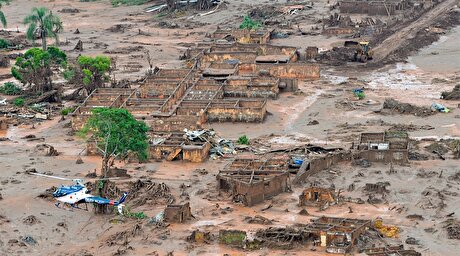
BHP, Vale accused of ‘cheating’ UK law firm out of $1.7 billion in fees

Ramaco Resources secures five year permit for Brook rare earth mine in Wyoming

Southern Copper expects turmoil from US-China trade war to hit copper
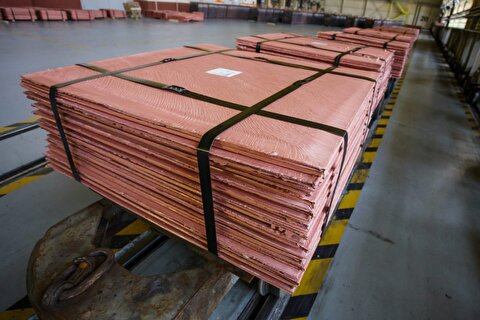
Trump tariff surprise triggers implosion of massive copper trade

Eldorado to kick off $1B Skouries mine production in early 2026

St Augustine PFS confirms ‘world-class’ potential of Kingking project with $4.2B value

Newmont nets $100M payment related Akyem mine sale

Caterpillar sees US tariff hit of up to $1.5 billion this year
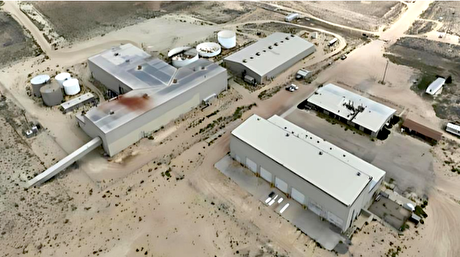
Uranium Energy’s Sweetwater plant on fast track for in-situ mining approval
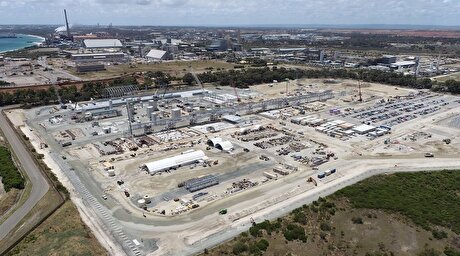
Tianqi Lithium Australia JV says it is prioritizing long-term viability of refinery

First Quantum scores $1B streaming deal with Royal Gold
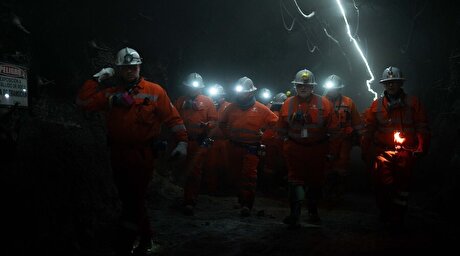
One dead, five missing after collapse at Chile copper mine

Eldorado to kick off $1B Skouries mine production in early 2026

Newmont nets $100M payment related Akyem mine sale
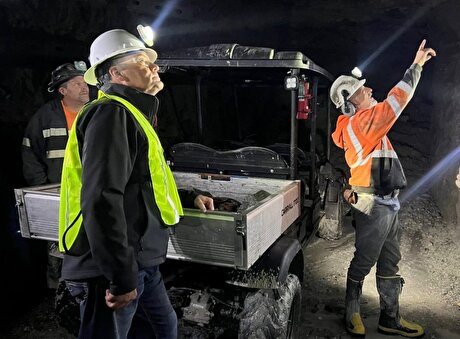
Idaho Strategic rises on gold property acquisition from Hecla

Goldman told clients to go long copper a day before price plunge

Gold price rebounds nearly 2% on US payrolls data

Caterpillar sees US tariff hit of up to $1.5 billion this year

Uranium Energy’s Sweetwater plant on fast track for in-situ mining approval

Tianqi Lithium Australia JV says it is prioritizing long-term viability of refinery

First Quantum scores $1B streaming deal with Royal Gold

One dead, five missing after collapse at Chile copper mine

Eldorado to kick off $1B Skouries mine production in early 2026

Newmont nets $100M payment related Akyem mine sale

Idaho Strategic rises on gold property acquisition from Hecla

Goldman told clients to go long copper a day before price plunge














